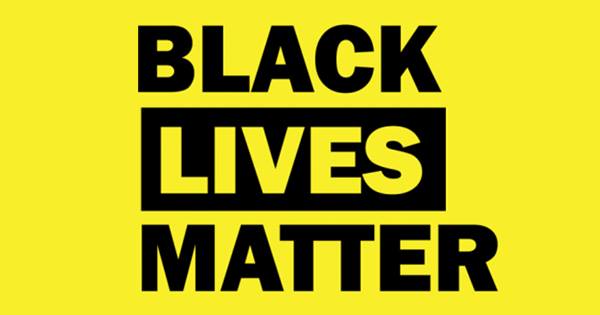EXCLUSIVE INTERVIEW: BLM Activist Jomo K. Johnson On Hunger Strike
On June 6, Jomo K. Johnson of Black Lives Matter Savannah started a hunger strike to raise awareness for mental health issues in the black community. Jomo had gotten involved with Black Lives Matter shortly after the death of Philando Castile. A pastor-turned-activist, he moved to Savannah after being hired by a church—but when that didn’t work out, he became more involved in social justice and activism.
Jomo, motivated by his own personal experiences with depression and suicide, started this hunger strike with three goals in mind. First, to raise awareness around mental health issues. Second, to end the stigma against suicide, particularly within religious institutions, and third, to incite local government into creating a voucher to help the mental health of men recently released from prison. Elaborating further on the idea of the voucher, Jomo explained that the voucher is meant to provide free mental health services for these men. Considering the huge population of black men in prison, this voucher would be helping at-risk men who otherwise would struggle to find and connect with such services. On each day of his hunger strike, Jomo aims to post a video in hopes of connecting with other activists and people passionate about his causes. These daily videos, essentially vlogs discussing his experiences, would update people on his progress and connect with others dealing with mental health issues.
https://www.facebook.com/100008580753303/videos/vb.100008580753303/1705271569768852/?type=2&theater
“Day 12 of Hunger Strike. Wrong actions can lead to Mental Health problem.”
Video courtesy of Jomo K. Johnson’s Facebook page
Having spoken to Jomo, it is clear that his discussion of mental health stems from the familiarity of a person who has struggled with his own demons. During the interview, Jomo was open about his history with depression and suicide and the impact they had on his life. As a former pastor, Jomo spoke about how his faith helped him heal. To me, as an atheist, this was a difficult concept to grasp, but Jomo did not come across as ‘preachy’. Rather, he acknowledged that this was not a universal experience for all. He was also willing to criticize the church’s attitude to mentally ill folks—particularly those who have lost their lives to mental illness.
When talking to him about how race and mental health intersect, Jomo brought up the recent suicide of the Black Lives Matter activist MarShawn McCarrel. McCarrel was a 23-year old BLM activist within the Ohio chapter. He committed suicide in February last year, after a posting on Facebook: ‘My demons won today’. He also talked about the toll that racism—from institutional to microaggressions—takes on the mental health of black people. There have been studies done that show that racism creates an added stress in the lives of those affected, which in turn can sometimes lead to increased levels of anxiety. Echoing the words of several other activists, Jomo recommended self care for dealing with the pressures of being an activist, saying that “we don’t have to do everything today”. Jomo had talked about suicide before in his book and album, Conversations with Jesus Before and After Suicide.
Here in Toronto, BLMTO has yet to tackle mental health directly, yet have still ensured that they include it in their activism. Among the demands on their website, they have included an ‘inquiry by the Ontario Human Rights Commission into the disproportionate use of force used against black people with mental health challenges’, as recommended by the African Canadian legal clinic. They are also currently involved in the inquest into the death Andrew Loku, a mentally ill black man killed by Toronto police in 2015.
On the phone Jomo sounded confident, like someone used to speaking about his passions. I admire that, and even more so, his willingness to put himself on the line for what he wants. To support Jomo and follow his hunger strike, you can visit his website here. In terms of supporting his cause, I encourage folks struggling with suicide to reach out, and for those seeking to help someone struggling with suicide to always listen and try to make themselves available.
Mental Health Resources:
Mental Health Helpline, 1-866-531-2600
Drug and Alcohol Helpline, 1-800-565-8603
Ontario Problem Gambling Helpline, 1-888-230-3505
http://toronto.cmha.ca/mental-health/find-help/are-you-in-crisis/

